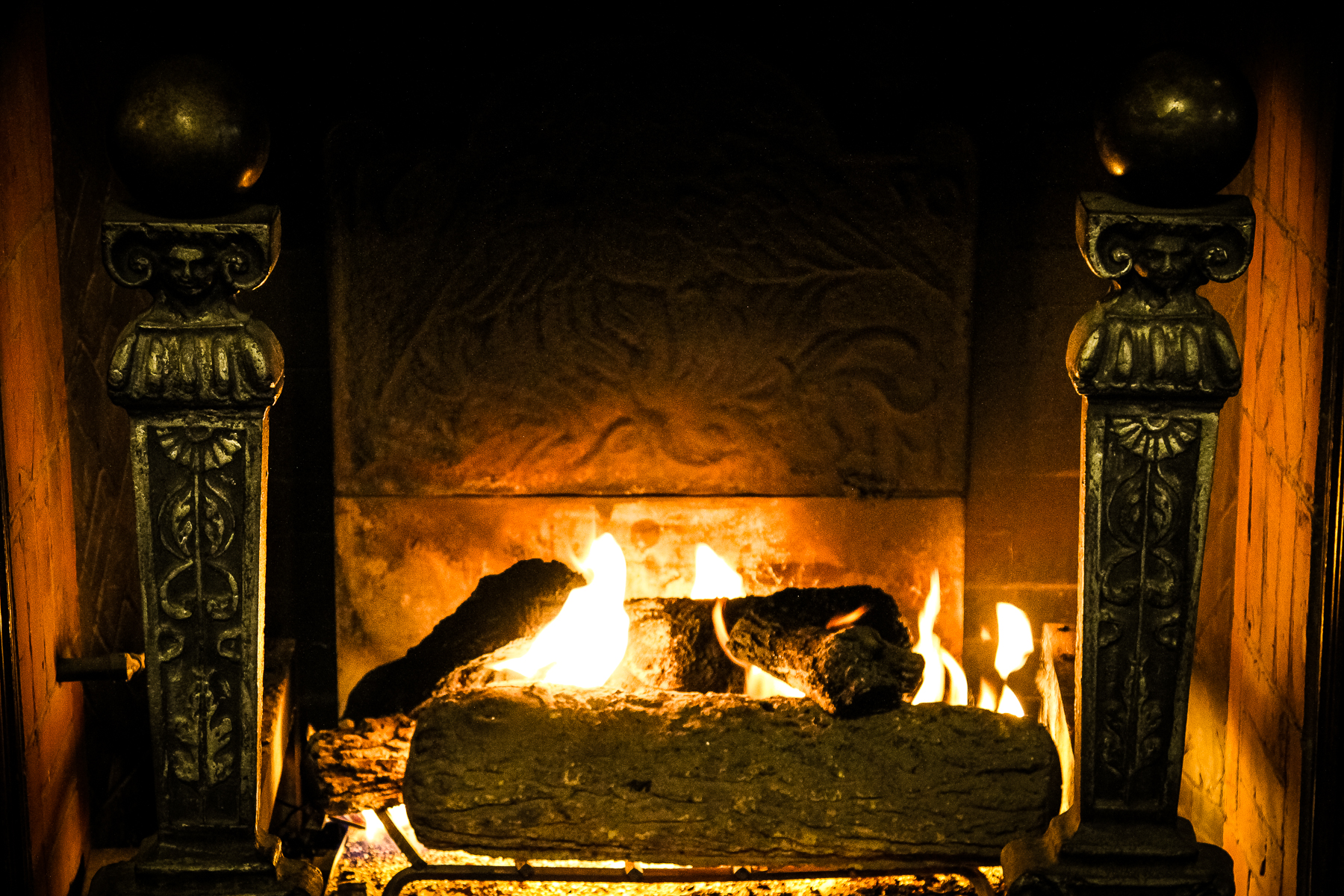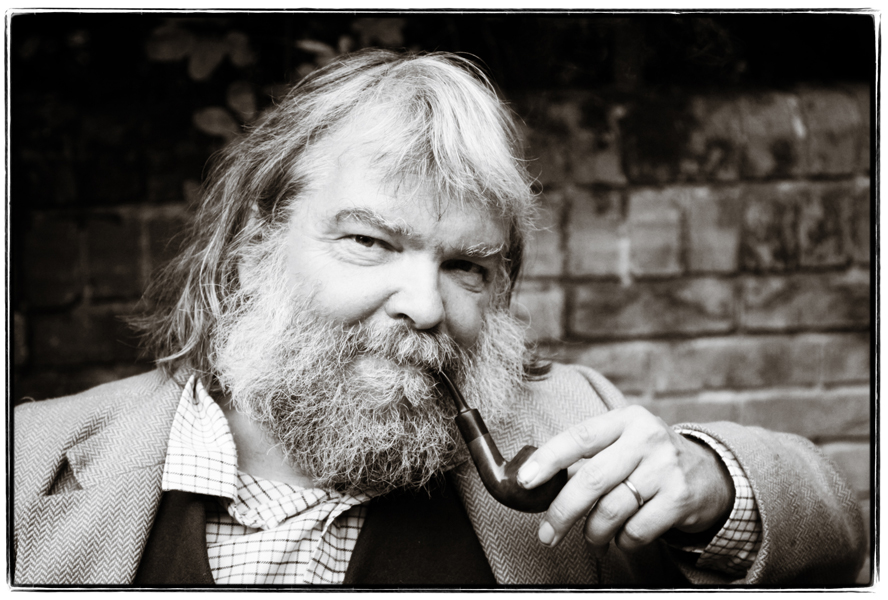Every artist loves their medium: painters love paint and potters love clay. As a poet, I love words. I love their shapes, their sounds, but most of all their meanings, their history, their miraculous power to kindle the imagination. It’s no wonder that the early English poets thought of our vocabulary as a treasure house. The Beowulf poet called it ’the word-hoard’. ‘Lie down in the word-hoard’, advises Seamus Heaney in his poem North, ’trust to the feel of what nubbed treasure your hands have known.’
In this column I shall be lifting a few treasures out of the word-hoard and inviting you to marvel at them and love them with me: old words that have fallen out of use and need reclaiming, simple words like ‘love’ and ‘truth’, that sometimes seem devalued from over use, and need to be re-polished, reclaimed, redeemed. Holy words like ‘hope’ and ‘joy’ and ‘grace’, that have been misused, abused, undermined, and need to be rescued and renewed. I will write this column with the same conviction that makes me dare to be a poet: the conviction that all the words we use are older and wiser than we are!
I am very glad that Cultivating has chosen Hope as the theme for its winter issue. For it is in the bleak season of winter, when nights are long and days are grey and cold, that we most need to be reminded of the light that never goes out, the warmth that is never overcome by cold: the kindled fire of the Divine presence which is God’s Holy Spirit, the herald and harbinger of hope, the comforter.
Even those who do not share our faith have some inkling of the hope that is embodied in the dawn after darkness, the spring after winter. Shelley, whom many regarded as an atheist, though he was really a mystical Platonist, was deeply aware that the turn of the seasons signified something beyond itself, some spiritual truth. In the opening section of his Ode to the West Wind, he cannot help speaking in terms of death and resurrection:
O thou,
Who chariotest to their dark wintry bed
The winged seeds, where they lie cold and low,
Each like a corpse within its grave, until
Thine azure sister of the Spring shall blow
Her clarion o’er the dreaming earth…
The clarion, the trumpet call, cannot but remind us of the last trump and the day of resurrection. And of course, the poem famously ends:
Be through my lips to unawaken’d earth
The trumpet of a prophecy! O Wind,
If Winter comes, can Spring be far behind?
So we hunker down through winter, but even as we do so, even as we bank up the fire and draw the curtains, draw closer to one another, we must also bank up and stoke the flames of hope, we must look forward with yearning. The very courage or resolve with which we hunker down and get through it is also a testament to hope, as I suggested in my poem ‘Because We Hunkered Down’:
These bleak and freezing seasons may mean grace
When they are memory. In time to come
When we speak truth, then they will have their place,
Telling the story of our journey home,
Through dark December and stark January
With all its disappointments, through the murk
And dreariness of frozen February,
When even breathing seemed unwelcome work.
Because through all of these we held together,
Because we shunned the impulse to let go,
Because we hunkered down through our dark weather,
And trusted to the soil beneath the snow,
Slowly, slowly, turning a cold key,
Spring will unlock our hearts and set us free.
![]()
My poem, is of course focusing on the way the seasons of nature seem to express and sometimes influence the seasons of the spirit and of the heart, but there is a deeper more directly Christian and indeed cosmic meaning in the notion of keeping the hope of spring alive in winter, in the call to know and name that hope just when things seem to be at their worst.
When I wrote Parable and Paradox, my sonnets on the sayings of Jesus, I was determined to deal with the difficult sayings, and not just the immediately comforting ones. One such teaching is what scholars call ‘the little apocalypse’ in Mark 13-29 when Jesus speaks of the last days and the world’s end:
‘But in those days, after that suffering, the sun will be darkened, and the moon will not give its light, and the stars will be falling from heaven, and the powers in the heavens will be shaken. Then they will see “the Son of Man coming in clouds” with great power and glory…’
To call these words alarming would be an understatement. And yet suddenly, in the midst of this cosmic apocalypse, Jesus offers us an unexpected sign: the sign of spring following winter:
…From the fig tree learn its lesson: as soon as its branch becomes tender and puts forth its leaves, you know that summer is near. So also, when you see these things taking place, you know that he is near, at the very gates. ‘
And it was that tender, unexpected image of the tree coming into leaf which became the focus of my sonnet ‘World’s End’, a sonnet in which I use that lovely little word hope:
So we begin to contemplate the end,
With shadowed glimpses of apocalypse.
How can we even start to understand?
The heavens shaken, and the vast eclipse
Of everything that we have ever known,
Then, suddenly revealed, the power and glory
Once veiled in symbols of the lamb and throne,
The all-revealing climax of our story.
About that day, you tell us, no one knows,
But we must wake and watch for you, look up.
Yet hidden in this warning you disclose
A tender yearning, a deep stirring hope,
And bid us, in the visions that you bring,
To see the world’s end as a sign of spring.
![]()
But let’s leave the last words on this theme to C. S. Lewis, a writer who continues to kindle and renew hope in so many of us. In his essay ‘The Grand Miracle’ Lewis suggests that the incarnation, death, and resurrection of Jesus is the central event which makes sense of, reveals the meaning in everything else in the cosmos. The Christ-Event is like the missing chapter in a great novel, a chapter which once restored to its rightful place makes sense out of everything else. In that essay he suggests that in the resurrection of Jesus, the true meaning of every spring awakening has finally happened, and that gives hope to us in every kind of winter, for the winter of the world, of the entire cosmos is just the prelude, just getting us ready for the cosmic spring and summer. Here’s what Lewis says:
“To be sure, it feels wintry enough still: but often in the very early spring it feels like that. Two thousand years are only a day or two by this scale. A man really ought to say, ‘The Resurrection happened two thousand years ago’ in the same spirit in which he says, ‘I saw a crocus yesterday.’ Because we know what is coming behind the crocus. The spring comes slowly down this way; but the great thing is that the corner has been turned. There is, of course, this difference, that in the natural spring the crocus cannot choose whether it will respond or not. We can. We have the power either of withstanding the spring, and sinking back into the cosmic winter, or of going on into those ‘high mid-summer pomps’ in which our Leader, the Son of man, already dwells, and to which He is calling us. It remains with us to follow or not, to die in this winter, or to go on into that spring and that summer”.
![]()
The featured image titled, “Warming Fire at Glen Eyrie” is courtesy of Lancia E. Smith and used with her glad permission for Cultivating.
[1] C.S. Lewis, The Grand Miracle: And Other Selected Essays on Theology and Ethics from God in the Dock, A Ballantine Book, Published by Random House Group, New York, 1970
Poet, priest, academic, and Life Fellow of Girton College Cambridge, Dr Rev’d Malcolm Guite travels extensively throughout Great Britain and North America, to give lectures, concerts and poetry readings. He is the author of more than a dozen books, and hosts the marvelous YouTube channel, A Spell in the Library.
Leave a Reply
A Field Guide to Cultivating ~ Essentials to Cultivating a Whole Life, Rooted in Christ, and Flourishing in Fellowship
Enjoy our gift to you as our Welcome to Cultivating! Discover the purpose of The Cultivating Project, and how you might find a "What, you too?" experience here with this fellowship of makers!


Add a comment
0 Comments